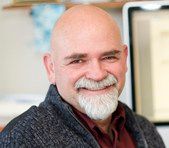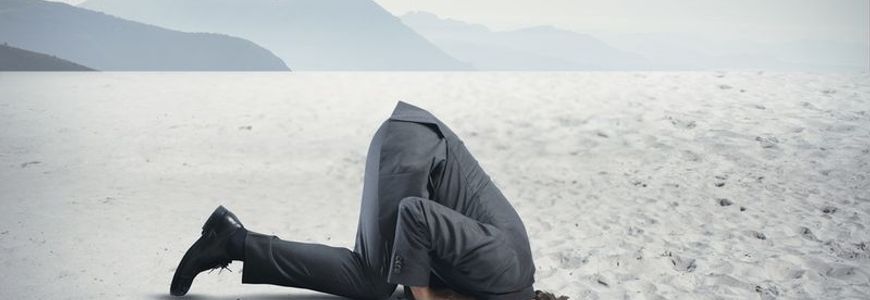Ecological and Psychological Perspectives on Climate Change
The Science for the Public 2018 Science Lectures at MIT February 13, 2018 MIT Earth, Atmospheric & Planetary Sciences bldg)
Brian Helmuth, Ph.D., Professor, Marine and Environmental Sciences, Marine Science Center, College of Social Sciences & Humanities; and School for Public Policy/Urban Affairs, Northeastern University Helmuth Lab
John Coley, Ph.D.,, Associate Professor, Psychology, Northeastern University
There is broad agreement amongst scientists that human-driven global climate change is real, and that impacts are increasingly serious. Yet despite this certainty among experts many Americans question whether climate change is even occurring. In order to understand how people learn about complex issues like climate change, it is essential to take into account factors such as personal experience, cognitive biases, and perceptions of one’s environment. In this talk, Coley, a cognitive psychologist, and Helmuth, a coastal marine biologist, will explore how understanding these factors can facilitate better methods for educating the public about climate change, and for communicating and enacting climate adaptation strategies.

Brian Helmuth's research and teaching focus on predicting the likely ecological impacts of climate change on coastal ecosystems, and on the development of products that are scientifically accurate, understandable, and useful by a diverse array of stakeholders. A major goal of this approach is to inform decision makers with scientifically accurate and useful forecasts. While much of his work has focused on North American rocky intertidal ecosystems, he also collaborates with colleagues around the world, including Australia, Brunei; Canada; China; Hong Kong; Iraq; Italy; South Africa; and the U.K.

John Coley's lab studies a host of interrelated questions about the structure of knowledge, reasoning, and conceptual development. How do we organize what we know? How do we use what we know to make guesses about what we don’t know? How do people decide what kind of knowledge is relevant in a particular situation? How does the acquisition of expertise influence how people organize and use knowledge? How do knowledge and reasoning change as children develop? How does growing up in different environments lead to different ways of thinking and reasoning about the world? Prof. Coley takes an experimental approach to answering these questions by systematically examining overt reasoning behavior in children and adults, as well as the processing that underlies such reasoning.

